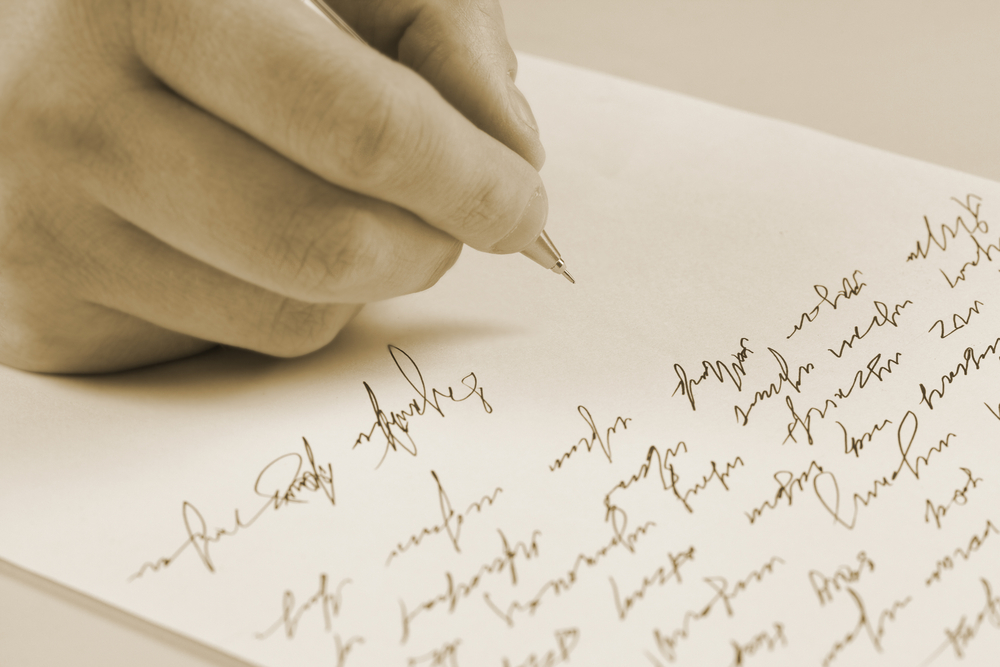
Do long essays really get you a better band score?
For some candidates, it’s very tempting to write as much as they can in the one hour given in the Writing section — they want to really showcase their range of vocabulary and their ability to write long sentences. But do long essays really get you a better band score?
Let’s get straight to the point: while it’s true that there is no official IELTS answer regarding the maximum word limit in the writing tasks, you won’t get bonus marks for exceeding the minimum word count. Remember: the IELTS Writing test is only partly about how brilliant your ideas are. It is mainly about how effectively and precisely you can communicate through writing. Don’t try to explain the trends you see on Academic Writing Task 1 — describe them. Compare. Present the data in a clear and concise manner so that the examiner can understand you well enough without needing to look at the chart. Avoid irrelevant elaborations on the data so you can get a better score in the Task Response criteria.
Spend your time wisely
The maths is simple: write more and you will have less time to check and proofread. It is generally recommended that the number of words that you write should be around the same as what is asked for in the task. So, ideally, you should aim for 150-170 words in Task 1 and 250-275 words in task 2. It is a lot better for you to spend the extra time proofreading, checking and rechecking your work. The Writing test is not about quantity — it is all about quality and accuracy. You have to remember that the more you write, the more chance there is for you to make a grammatical, or spelling error.
If you think it’s in your nature to ramble on and overwrite, then you really should start learning how to plan your essay. Set time limit for each point you want to write for. Pick the three most rational points you can come up with and use them to show your grammatical and vocabulary range.
Try our writing evaluation at:




